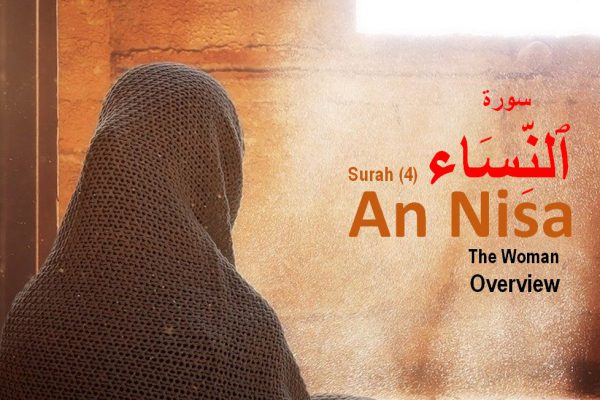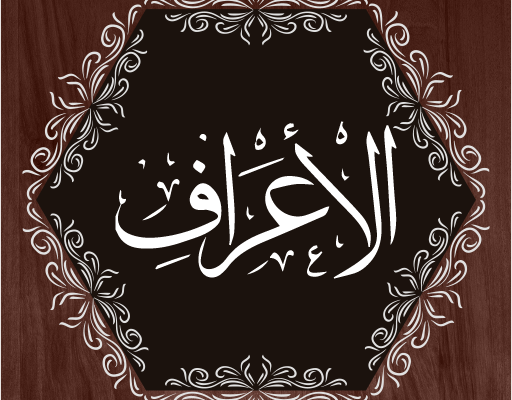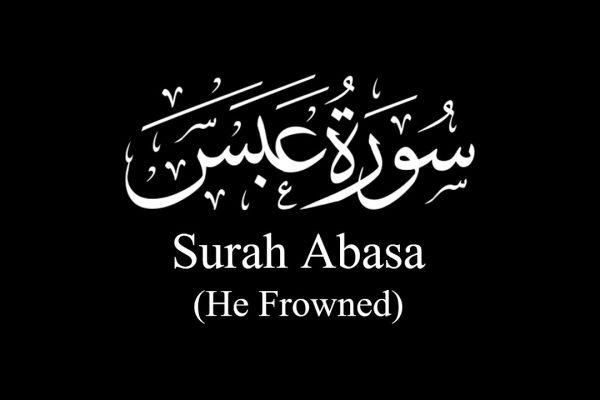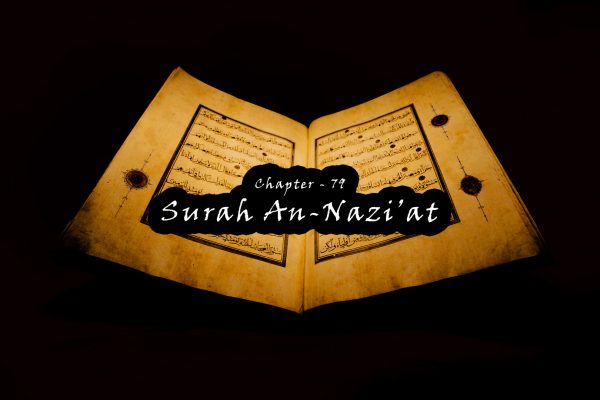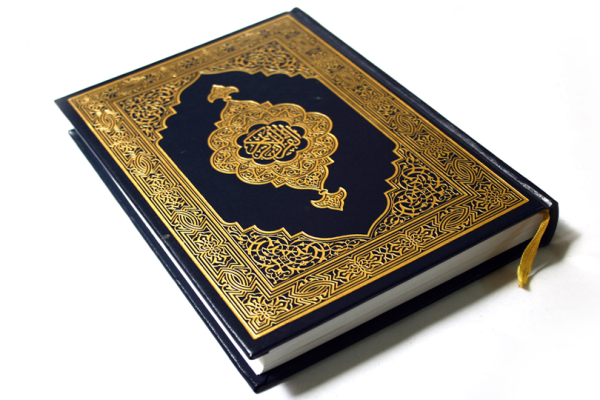
In-Depth Exploration of Surah Al-Ikhlas: The Essence of Divine Monotheism in Islam
Surah Al-Ikhlas, the 112th chapter of the Quran, is a profound declaration of Allah’s oneness, self-sufficiency, and uniqueness. This article explores the theological significance, historical context, and impact of this essential Surah in Islamic thought.








